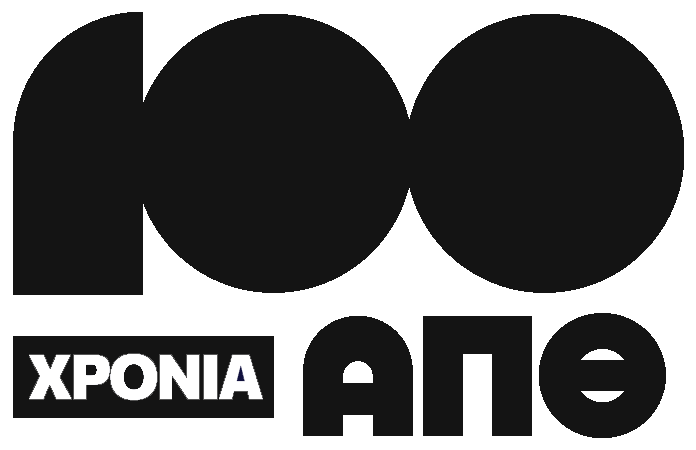– Electric Fields: Properties of electric charges. Charging of objects by induction.
– Coulomb’s law. The electric field. Electric field of a continuous charge distribution. Electric field lines. Motion of a charged particle in a homogeneous electric field.
– Gauss’s law: Electric flux. Gauss’s law. Application of Gauss’s law to various charge distributions. Conductors in electrostatic equilibrium.
– Electric Potential: Electric potential and potential difference. Potential difference in a homogeneous electric field.
– Electric potential and potential energy from point charges. Calculation of the electric field from the electric potential. Electric potential of a continuous charge distribution. Electric potential of a charged conductor. Millikan’s experiment.
– Capacitance and Dielectrics: Definition of capacitance. Calculation of capacitance. Capacitor connections. Energy of a charged capacitor. Capacitors with dielectrics.
– Electric dipole in an electric field. Description of dielectrics at the atomic level. Dielectrics and field. Polarization charges. Electric displacement.
– Current and resistance: Electric current. Resistance. A model of electrical conductivity. Resistance and temperature. Superconductors. Electric power.
– Magnetic fields: Magnetic fields and forces. Motion of a charged particle in a homogeneous magnetic field. Application to the mass spectrometer.
– Magnetic force exerted on a current-carrying conductor. Torque experienced by a current-carrying conductor in a homogeneous magnetic field. The Hall effect.
– Magnetic field sources: The Biot-Savart law. Magnetic force between two parallel conductors. Ampere’s law. Magnetic field of a solenoid.
– Gauss’s law in magnetism. Magnetic properties of matter.
– Faraday’s law: Faraday’s law of induction. EMF due to motion. Lenz’s law. Electric fields and EMF due to induction. Generators and motors. Eddy currents.

